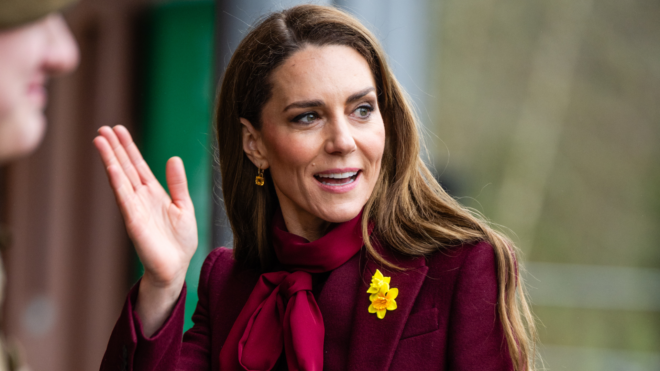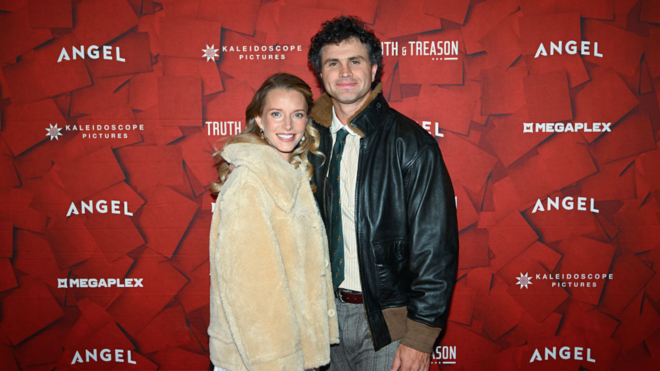We are still reeling from the terrorist attacks in Paris. Twelve slaughtered during a meeting at the French satirical magazine Charlie Hebdo. Four more killed after extremists opened fire at a Jewish supermarket in Paris.
I am a breaking news journalist. And I am a mother. Terrorist attacks like the ones last week in Paris do not happen every day, but killings do. The bloody unrest in Syria, the drug cartels in Mexico, the suicide bombers in Pakistan, the mass shooting at a movie theater in Colorado. Beheadings, rape, kidnappings, murder. A recent Boko Haram massacre in Nigeria that killed hundreds if not thousands. And that is just what makes the news.
After work, I go home to my kids, who are 12 and 15. My 15-year-old son always seems to know before I say something. It comes through on his phone. He and his friends talk about it. We talk about it. But my 12-year-old is usually unaware. Her teachers don’t talk about it. Her friends don’t talk about it. And she doesn’t want to talk about it with us.
RELATED: Smart Parenting in the Age of Social Media
She shuts down. She covers her ears and curls up into a ball. We are reading books about teens with magical powers and stories about cat clans. We watch “How To Train Your Dragon 2” and “Big Hero 6.” The characters always do the right thing. There is always a happy ending.
The shock is unbearable, unbelievable. Can this be real? Do people really go into schools and shoot them up? Do people take little girls from their mothers and turn them into sex slaves? Yes, my God, yes. And I feel I have to tell her this somehow. She will find out. The news on TV will inadvertently be left on. She’ll hear me talking to my son. It will come over the radio. Perhaps part of the reason Americans are accused of being ignorant is because we want it that way for our kids.
The world is just too damned hard. It tears me down, too. Day after day at work, horror story after horror story. You would think that’s all there is — but it’s not.
You have to keep looking. You have to dig harder.
Journalists cover the big events. Seldom do they see the little acts inside the big picture.
Someone is always there. In every situation, someone has helped another, even in the smallest way. As the French supermarket attack unfolded on our screens, we could not see the Muslim employee hiding several people in a downstairs freezer. Only later did we see him risk discovery by sneaking out of the market and providing police the layout as well as the key to unlock the store’s metal blinds. This information was crucial to a successful police siege and an end to the standoff. That man was 24. It wasn’t that long ago that he was a kid himself.
Two days ago, smoke filled a metro train in Washington, D.C. One of the victims took a video inside the car. It was eerily silent, except for the sound of coughing and gasping for air. In the background, a woman, overwhelmed by smoke, sunk to the floor. Some other passengers took off her coat, fanned her and used their own limited air to breathe into her lungs. In the end, she died. But she didn’t die alone. She knew others were there because she spoke to them. And how must it be to know that when you are at your most vulnerable, helpless in the grips of death, that someone — even if just bound to you by humanity and a dangerous situation — cares whether you live or die?
Journalists cover the big events. Seldom do they see the little acts inside the big picture. This is partly because they are never reported. We don’t often know what happens in the chaos of a bombing or shooting. We may get glimpses in the aftermath: the mother’s body covering the baby’s; the husband’s body covering them both. We may hear from survivors about the café worker who struggled to grab the gun or the teacher who blocked the door.
As a parent, I make sure I focus on any detail I can find. Any shred of good. When I find it, I tell my kids.
We are trying to get information to you as quickly as possible. It’s important. Information is essential to freedom. During a terrorist attack, the details are so vague and unconfirmed that it’s all we can do to report the big facts accurately.
But eventually we get some details. They are reported, but less sensationally. By then, it almost seems too late — we are too distracted to really think about what they really mean. They get lost in the waves of numbers killed, victims found, what’s on the black box and the international response.
RELATED: How to Talk to Kids About Tragedy
As a parent, I make sure I focus on any detail I can find. Any shred of good. When I find it, I tell my kids. I say that it’s very hard to make sense of senseless violence. There are so many factors: religion, guns, politics, mental illness. I can’t explain why it happens. I cannot explain the hate in the world.
But I can tell you about what one person did.
This is the part my daughter wants to hear. This is when she unfurls her body and takes her hands off her ears. And I tell her:
"This person put aside differences in hate and culture and looked at people as human beings. This person risked getting shot to save dozens of others. This person died in the act of protecting a complete stranger. This person spent his entire life to gain equal treatment of all races. This person stood up, fought for life, fought for humanity."
And isn’t that amazing?
Image via Twenty20/krjoeil




